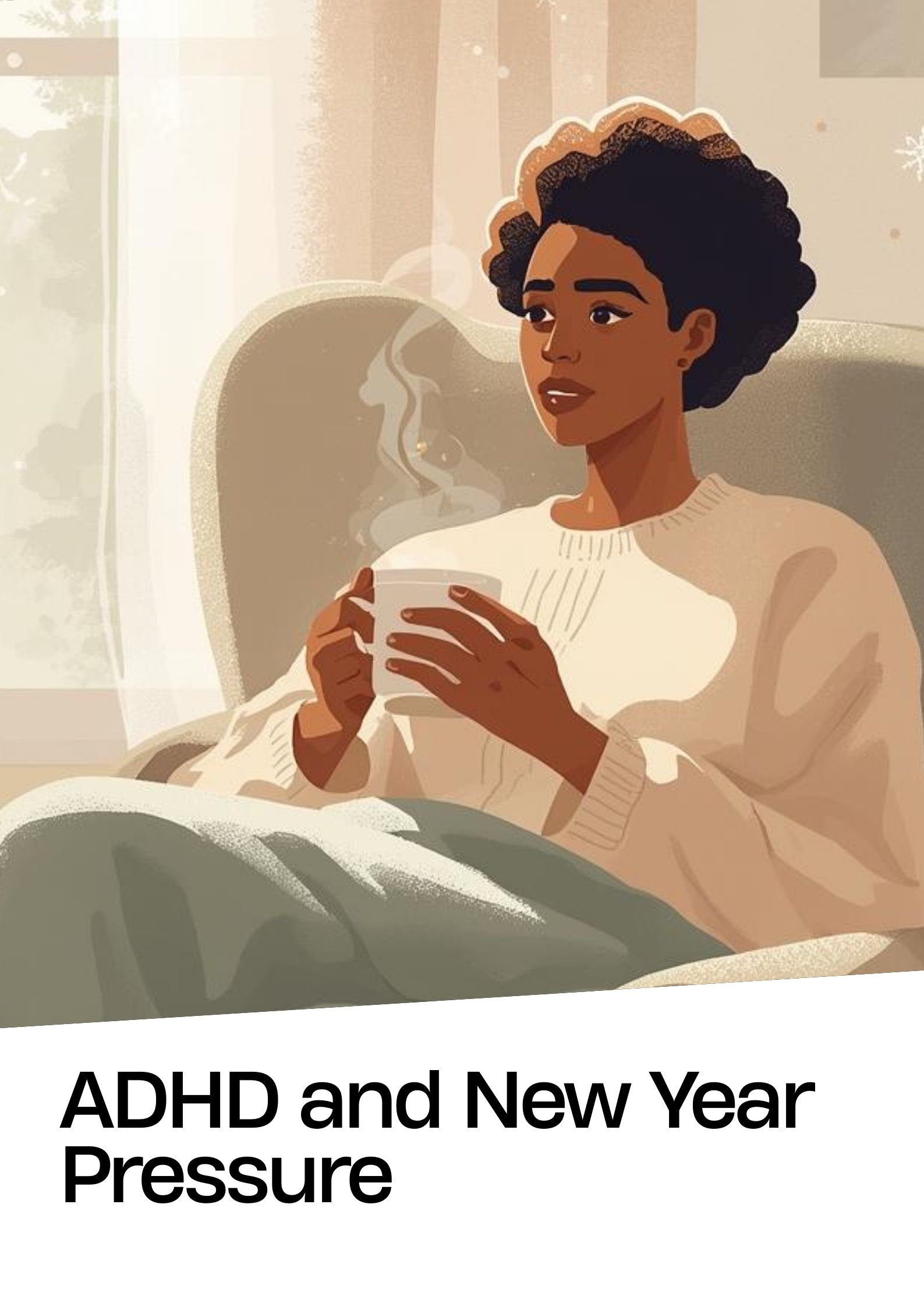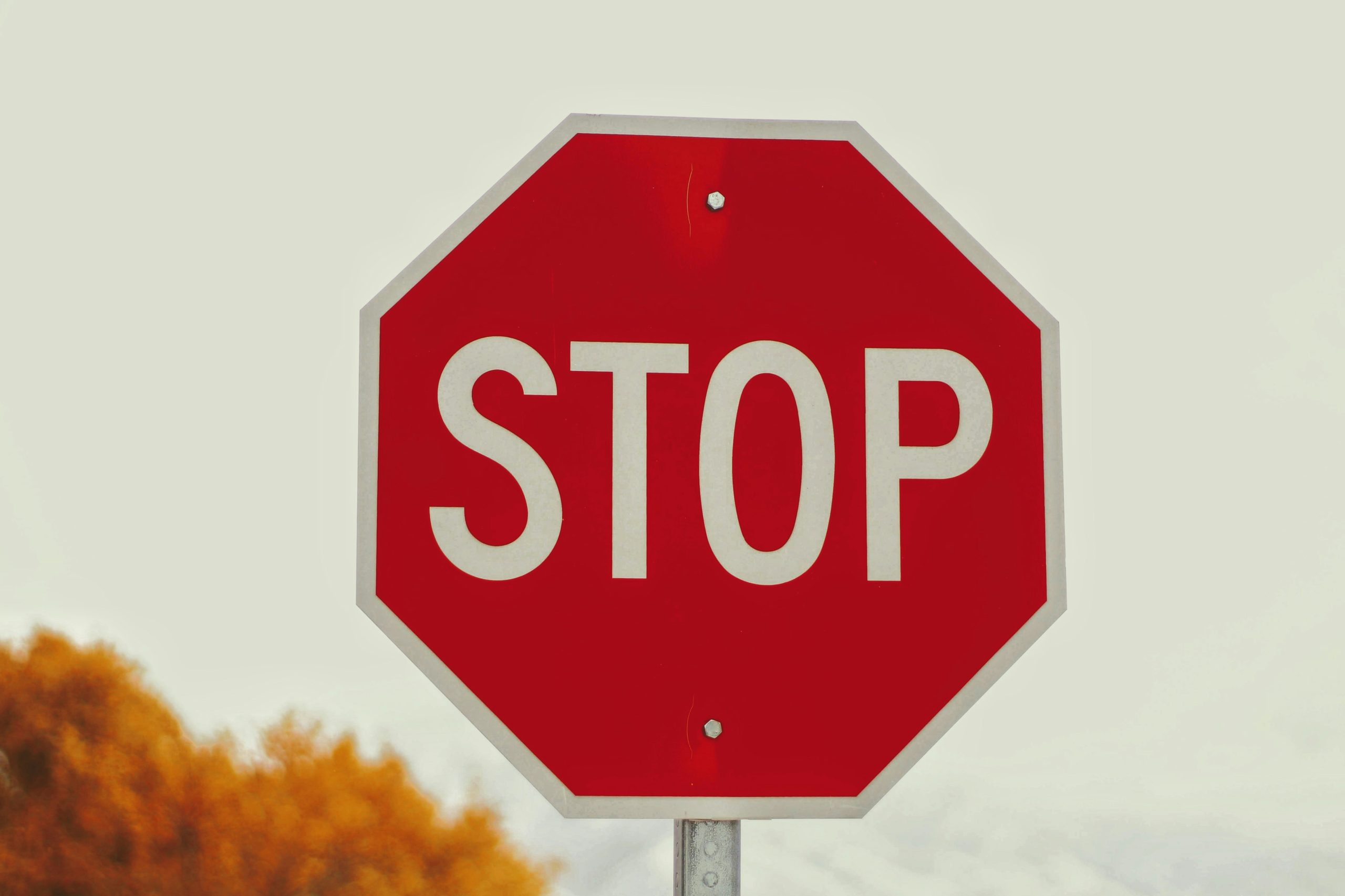Book Now
Menu
Growing up, my family knew we had Indigenous ancestry, but it wasn't really talked about. We had snippets of stories, but no concrete connection to a specific community or cultural practice. This left me with a vague sense of connection to something else, yet no clear path to understand or explore it. This sense of ambiguity is a common aspect of Indigenous identity confusion.
When I went to university, my journey towards embracing my Indigenous identity took a significant turn. At a campus event, someone from the Indigenous Student Services (ISS) asked if I was Indigenous. Nervously, I said yes. To my surprise, they invited me to a welcome potluck, and that invitation became a gateway to a world I hadn’t really been aware of or knew how to connect with. Through that potluck, I found a job at the ISS as a peer supporter, and for the first time, I became immersed in Indigenous culture. The stories, traditions, and sense of community were like finding pieces of myself I didn’t know were missing.
As I got older, some of my family members began trying to discover more about our family history. However, it proved to be a difficult task. The records were sparse, and the information hard to confirm. This quest for our roots led to a mix of confusion and fear. What if we weren’t actually Indigenous? How could I prove my bona fides without a community to attach myself and family to? Then I realized that what I was feeling was Indigenous Identity Confusion.
These questions and the accompanying doubt often left me feeling like an imposter. Was my connection to the culture genuine, or was I just pretending? This internal conflict is something many people with Indigenous ancestry face, and it can be incredibly isolating.
To truly understand Indigenous identity confusion, we must start with history. The effects of colonization have left deep scars on Indigenous communities worldwide. Colonizers imposed their cultures, languages, and religions, systematically attempting to erase Indigenous identities. Policies such as residential schools, where children were taken from their families and forbidden to speak their languages or practice their traditions, consequently created generational gaps in cultural transmission. As a result, many Indigenous people today struggle to connect with their heritage. This struggle arises not out of a lack of desire but because the knowledge was forcibly taken from their ancestors.
In addition to historical factors, modern challenges contribute to identity confusion. Mixed heritage, for example, can create feelings of not fully belonging to any one community. Urbanization has led many Indigenous families away from their traditional lands and communities, leading to a physical and emotional disconnect from their roots. The absence of a community to affirm and support one's identity can make it difficult to navigate what it means to be Indigenous in a contemporary context.
The psychological impact of these factors can be profound. Feelings of alienation are common, as individuals may feel they do not fit into either the mainstream culture or their Indigenous heritage. This often leads to imposter syndrome, where people doubt their legitimacy or fear exposing themselves as frauds. Cultural disconnection exacerbates these feelings, creating a vicious cycle where the fear of not being “Indigenous enough” prevents individuals from engaging with their heritage more deeply.
Indigenous identity is deeply tied to community. Without a clear connection to a community, many people feel adrift, questioning their place and their right to claim an Indigenous identity. The community offers validation, shared experiences, and a sense of belonging that is crucial for personal and cultural identity development. For those who lack this connection, the journey to understanding and embracing their Indigenous identity can be especially challenging.
As mentioned in the introduction, my journey toward embracing my Indigenous identity took significant turns during my university years and through the support of the Indigenous Student Services. I have faced many emotional challenges on this journey, including the pervasive fear of being labeled a "Pretendian" and the struggle to balance authenticity with self-doubt.
As I became more involved with the ISS and the broader Indigenous community, the fear of being labeled a "Pretendian" – someone falsely claiming Indigenous identity – began to surface. This fear wasn’t just about external judgment; it was deeply internalized. I constantly questioned myself: Was I genuinely connected to my heritage, or was I appropriating a culture I didn’t fully belong to?
These doubts were exacerbated by my family's struggles to uncover our history. Researching our ancestry was fraught with difficulties, with sparse records and conflicting information. The more we dug, the more elusive the truth seemed. This led to periods of intense anxiety and self-doubt. How could I prove my Indigenous identity without concrete evidence or a community to vouch for me? The fear of not being “Indigenous enough” became a persistent shadow over my journey. I remember asking my aunt if she had “proof” of our Indigenous ancestry, and she said that she did. But not having my Status card still makes it hard for me. And I have “stereotypical” Indigenous features. My daughter doesn’t. It makes me fearful about how people will receive her when she’s older and celebrating her Indigenous ancestry.
Navigating this balance between authenticity and self-doubt was, and continues to be, a delicate process. I realized that my connection to my heritage was not just about tangible proof or community acceptance but also about my personal journey and the meaning I found in it. Embracing my Indigenous identity meant acknowledging the gaps and uncertainties while still valuing the parts of my heritage that I could connect with.
One of the most crucial steps in my journey was seeking support from others who understood my struggles. Mentors, peers, and even professional therapists played a significant role in helping me navigate my identity confusion. They provided perspectives and shared their own experiences, which helped me feel less isolated and more understood.
Building a community, even if it wasn’t a direct link to my specific heritage, was vital. The relationships I formed through the ISS and other Indigenous networks provided a sense of belonging and validation. These connections reminded me that identity is complex and multifaceted, and that there is no single way to be Indigenous.
Reflecting on my journey, I understand that Indigenous identity confusion is a deeply personal and ongoing process. It involves reconciling historical erasure, modern disconnection, and personal doubt. But it also offers opportunities for growth, understanding, and a deeper connection to one’s heritage.
Pretendianism refers to the act of falsely claiming Indigenous identity for personal gain, whether it be for social, financial, or cultural benefits. This phenomenon is particularly harmful as it exploits the genuine struggles and cultural significance of Indigenous identities. The rise of Pretendianism has led to increased scrutiny and skepticism within Indigenous communities and beyond, further complicating the already complex landscape of Indigenous identity.
The existence of Pretendianism creates an environment of mistrust and doubt. For individuals who are genuinely exploring and connecting with their Indigenous heritage, this can lead to heightened anxiety and self-doubt. The fear of being labeled a Pretendian can discourage people from fully embracing their identity and participating in cultural practices. This fear often stems from the idea that without concrete evidence or community ties, one’s Indigenous identity may be viewed as inauthentic or opportunistic.
In my own journey, the fear of being seen as a Pretendian was a constant companion. Every step I took to connect with my heritage was shadowed by the anxiety that I might be perceived as a fraud. Attending cultural events, participating in community gatherings, and even speaking about my Indigenous identity often felt like walking a tightrope. This fear was not just about external judgment but also about internalized doubts. Was I truly entitled to claim this identity? What does it mean to be Indigenous? How far back into your ancestry can you go and still claim Indigenous ancestry?
These questions still sometimes lead to feelings of paralysis, where I hesitate to engage more deeply with my culture. However, through conversations with mentors and peers who shared similar fears, I learned that my journey and struggles were part of a broader experience faced by many with fragmented or rediscovered Indigenous identities. Recognizing this shared experience helped me to feel less isolated and more validated in my journey.
Delve into your family history as much as possible. While records might be sparse, every piece of information can help build a clearer picture of your heritage.
Learn about the broader history and contemporary issues faced by Indigenous communities. This contextual understanding can provide a sense of connection and belonging.
Seek support from like-minded and supportive individuals, or speak with a therapist who understands your fears and concerns and can help you work through them. Accept that identity is complex and multifaceted. Your journey is unique and valid, even if it doesn’t fit into a clear-cut narrative. Embracing your heritage is a continuous process of growth and discovery.
Recognize that the fear of being labeled a Pretendian is a significant hurdle, but it doesn’t define your journey. Acknowledging this fear can reduce its power over you. Embracing authenticity and connection is crucial, but it’s equally important to focus on the positive aspects of your journey. Embracing your heritage, despite the challenges, is a powerful act of reclaiming your identity and honoring your ancestors. Each step you take towards understanding and connecting with your Indigenous roots is a testament to your resilience and commitment.
Embracing your Indigenous identity involves recognizing and celebrating the richness of your heritage. This celebration can take many forms, from participating in cultural traditions to sharing your story with others.
Connecting with cultural traditions is a powerful way to feel grounded in your heritage. Engaging in practices like drumming, dancing, crafting, or storytelling can make you feel connected to your roots and give you a deeper appreciation of your culture. Attending cultural festivals, powwows, and community events is another fantastic way to immerse yourself in the vibrant life of Indigenous communities. These gatherings are full of opportunities to learn, experience, and meet others who share your background.
Sharing your journey and experiences with others can be incredibly empowering. Whether you choose to write, speak, or create art, expressing your identity helps to affirm it. Social media platforms and online communities are great spaces to connect with others and share your story. Your experiences can inspire and support others who are navigating similar journeys.
Giving back to Indigenous communities is a meaningful way to strengthen your connection and support the preservation and promotion of Indigenous cultures. Volunteering with Indigenous organizations, participating in community service, and advocating for Indigenous rights are all impactful ways to contribute. Your time and effort can make a significant difference, and advocating for Indigenous rights and issues is a powerful way to use your voice for positive change.
Your journey of embracing your Indigenous identity is ongoing. Being open to growth and new experiences allows you to continue deepening your connection to your heritage. Continuously seek out new knowledge about your culture and history. Reading books, attending workshops, and engaging with Indigenous media are great ways to keep learning and growing.
Recognize that your identity will evolve over time. Be open to changing perspectives and new understandings as you grow and experience more. Allow yourself the flexibility to explore different aspects of your heritage. Your identity is multifaceted and can encompass a wide range of experiences and connections.
As you navigate your journey of embracing your Indigenous identity, remember that you are not alone. Many others share similar experiences and struggles, and there is a vast community of support and understanding available to you.
Reach out to others who understand and share your journey. Building connections with people who have similar experiences can provide comfort and solidarity. Remember that your feelings and struggles are valid. Your identity is uniquely yours, and it is an essential part of who you are.
Embrace the complexity and uniqueness of your Indigenous identity. Whether you have concrete proof of your heritage or are still discovering it, your journey is valid and valuable. Celebrate your heritage with pride. Your connection to your ancestors and culture is a source of strength and resilience.
Keep moving forward with confidence and clarity. Each step you take towards understanding and embracing your Indigenous identity is a powerful act of self-discovery and cultural reclamation. Stay committed to your journey, knowing that it will evolve and deepen over time.
By integrating these coping strategies, you can navigate Indigenous identity confusion with greater confidence and clarity. Your heritage is a vital part of who you are, and your journey towards understanding and embracing it is a testament to your strength and resilience. Together, we can celebrate and honor our identities, creating a richer and more connected community for future generations.
Navigating Indigenous identity confusion is a deeply personal and often challenging journey. The historical, cultural, and personal factors that contribute to this confusion can make it a daunting task. However, by understanding these complexities and adopting practical coping strategies, you can begin to embrace your unique heritage with confidence and clarity.
Throughout this article, we have explored the roots of Indigenous identity confusion, the impact of Pretendianism, and shared strategies to help you connect with your heritage, seek support, and practice self-compassion. Remember, your journey is valid and valuable, even if it doesn’t fit a specific mold. Each step you take towards understanding and embracing your Indigenous identity is a powerful act of self-discovery and cultural reclamation.
You are not alone in this journey. Many others share similar experiences and struggles, and there is a vast community of support and understanding available to you. Your identity is valid, and your connection to your ancestors and culture is a source of strength and resilience.
As you move forward, continue to celebrate your heritage with pride and confidence. Stay committed to your journey, knowing that it will evolve and deepen over time. Together, we can create a richer and more connected community for future generations, honoring our identities and the strength of our shared experiences.
In embracing your Indigenous identity, you are not only reclaiming your heritage but also contributing to the resilience and continuity of Indigenous cultures. Your journey is a testament to the strength and beauty of our diverse and vibrant communities
If you would like to learn more about your own journey of cultural understanding, book with Robert or Shaneen today.



